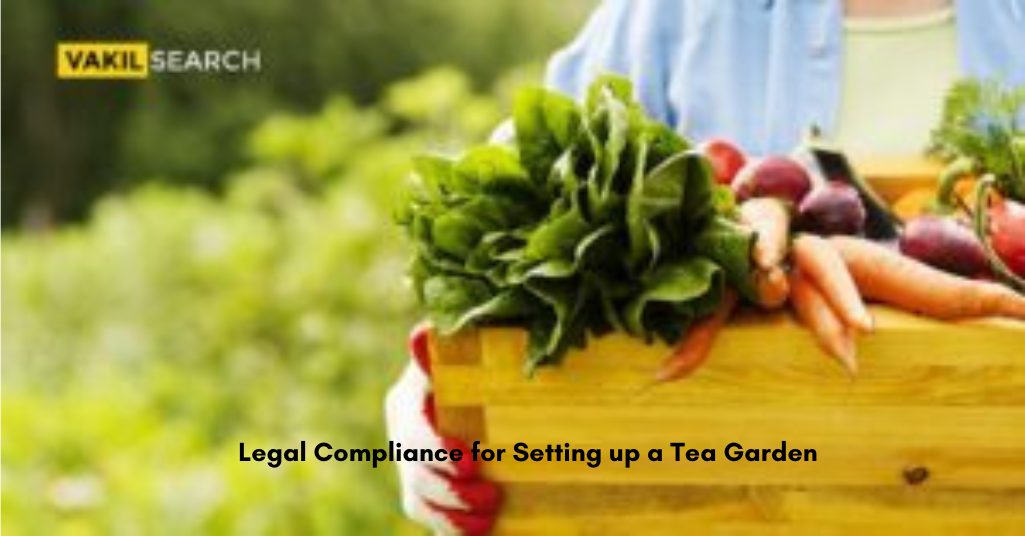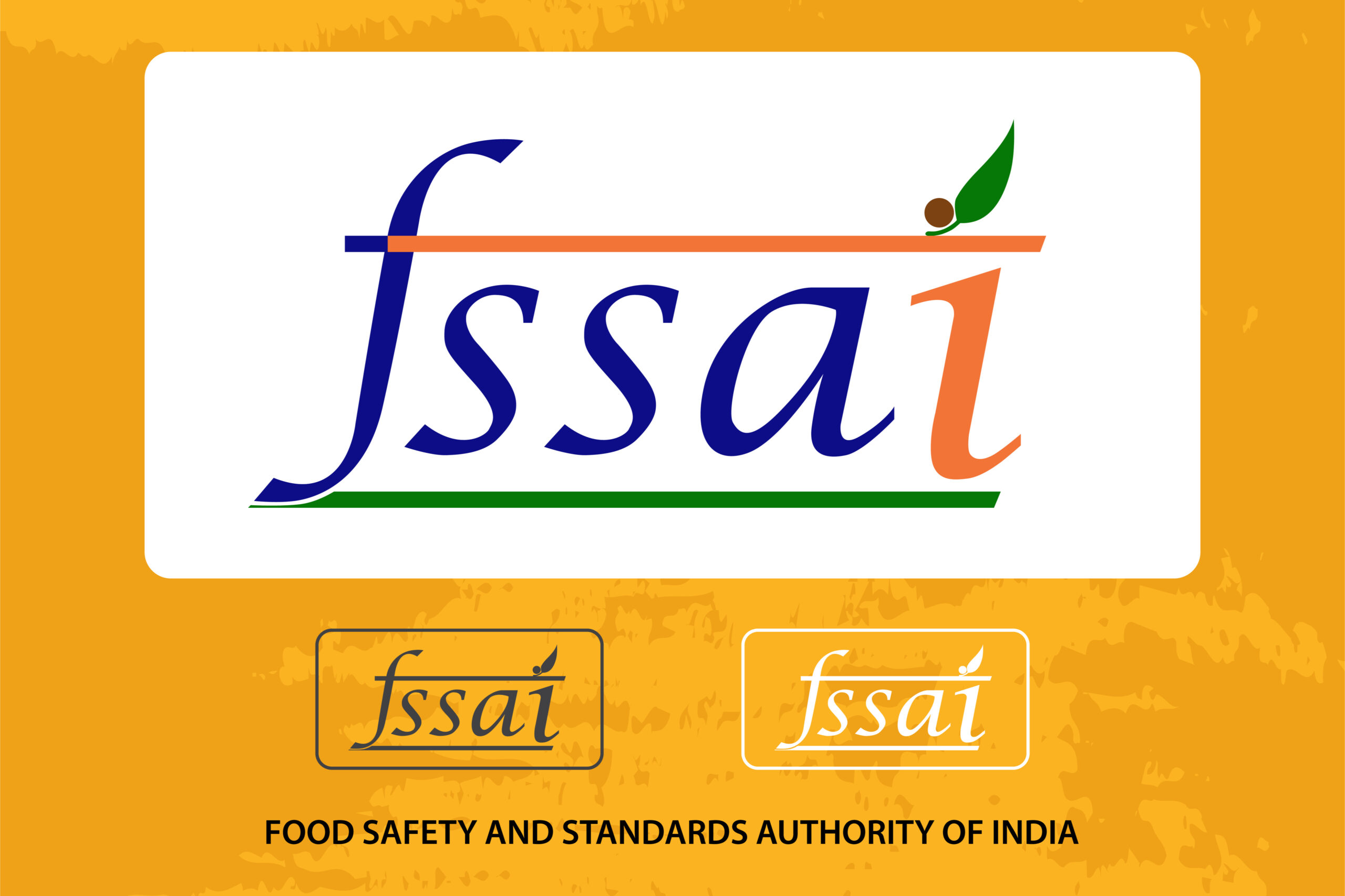7 December 2023 892 2 mins read
Wish to set up a tea garden in India? Let us make that task hassle-free for you. Keep reading to understand the legal compliances outlined for setting up a tea garden.
Compliance Required for Tea Garden
- A tea plantation must register with the Labour Bureau of the State government within 60 days of its start date under the Plantation Labour Act, 1951.
|
- Under the Tea Act of 1953 and the Tea Rules, the Licensing Branch issues permits for extension and replacement planting of tea to existing tea estates.
|
- The Licensing Branch also grants newcomers permission to grow tea, as well as records any changes in ownership of the tea plantation.
|
- No distributor or exporter of tea may conduct business without a business license issued by the Tea (Distribution and Export) Control Order, 2005. Unless cancelled or suspended, a Business License is valid for three years from the date of issuing.
|
- The ownership of a tea factory, or any change in ownership, must be registered with the Tea Board of India under the TMCO 2003.
|
Ensure continuity in your business operations with our streamlined FSSAI License renewal procedure, making the process swift and stress-free.
Compliance Outlined by FSSAI for Tea Garden
The Food Safety and Standards Authority of India (FSSAI licence registration) has developed detailed instructions on the sale of flavoured and Kangra tea, tea product labelling, tea composition, and product testing and approval.
- The product must have a distinct flavour that is devoid of unpleasant odours, mustiness, and taint. It must not contain apparent living insects, dead insects, moulds, insect pieces, or rodent contamination. The product must be devoid of any additional colouring, hazardous ingredients, or unwanted materials.
- Natural flavours and natural flavouring compounds, which are appropriate for human consumption only if derived by physical processes from the plant origin, either in their natural condition or after processing for human consumption in packaged tea gardens, may be present in the tea.
- The tea used in the production of the flavoured tea must meet tea standards. In addition, tea with added flavour must display an appropriate label statement, as required by the legislation. If the tea company offers flavoured tea, they must first register with the Tea Board before selling flavoured tea.
- Tea makers must ensure that the tea is packed and labelled in line with FSSAI laws, which have exceptionally severe labelling requirements. If the standards are not met, the manufacturer will be subject to the penalties outlined in the FSS (Packaging and Labeling) rule of 2011.
- Before it is ready for sale in the market, the label must have all necessary and vital information in a clear, prominent, and readily legible style for customers. The product must be labelled with the following information:
- Common name of the product
- Name and address of the manufacturer
- Date of manufacturing
- Expiration date and best before date
- Net weight of the content by volume, weight or count
- Ingredients details with additives
- Packaging codes/ batch number
- Country of origin for imported food
A detailed list of the provisions can be obtained by getting in touch with our legal team for a free consultation.
Also, read:









